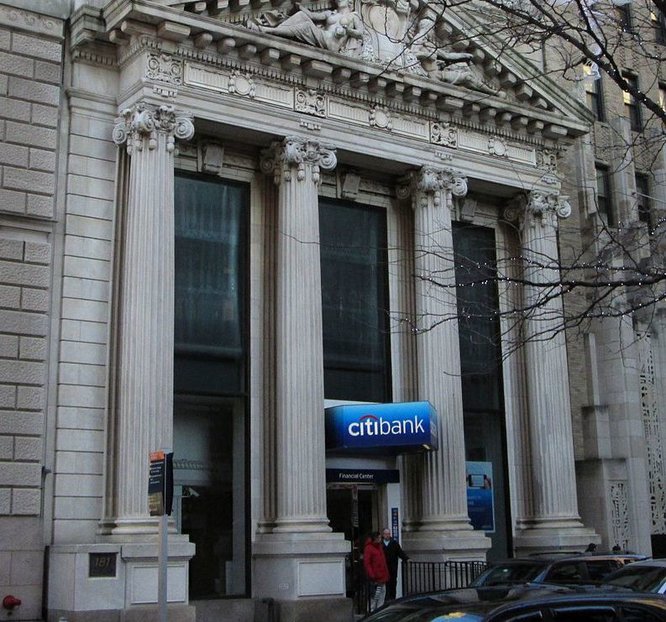Citigroup Inc and Standard Chartered Plc are set to advise Burma on its first credit rating, according to people with direct knowledge of the matter, paving the way for the country to issue its maiden international bond.
After decades of isolation from international capital markets under military rule, Burma, officially known as Myanmar, faces a widening current account deficit that could be reduced by borrowing once it has a credit rating from agencies such as Fitch, Moody’s or Standard & Poor’s
None of the big three agencies have currently assigned Burma a rating, which professional investors use as a benchmark of a country’s ability to repay debt.
Citi and StanChart will this month be given a formal mandate to advise the Southeast Asian nation on the steps necessary to earn the credit rating, one of the sources said, declining to be identified because the matter is not yet public.
The process can take up to a year, the sources said, as the banks help a country with the technical steps necessary to meet the agencies’ criteria for a given rating. Once the rating is assigned, the country can then market bonds to international investors.
[related]
Burma would, in common with other debut issuers, likely aim for a ‘benchmark’-sized bond of around US$1 billion once it has a rating, one of the sources said.
The credit rating mandate comes at a time when the country is preparing for a historic election on 8 November, seen as a test of its transition towards democracy after military rule ended in 2011.
Burma faces an infrastructure investment gap of up to $4.7 billion per year, according to an August 2014 study by the Asia Development Bank. The country faces widening current account deficits that need to be funded by foreign capital, the study said.
The country in 2013 cleared its arrears to the World Bank and Asian Development Bank and secured a huge debt write-off by creditor countries grouped in the Paris Club, clearing the way for aid donors to step up work to support the government’s reforms.
Those debts had prevented international financial institutions from offering new loans.



